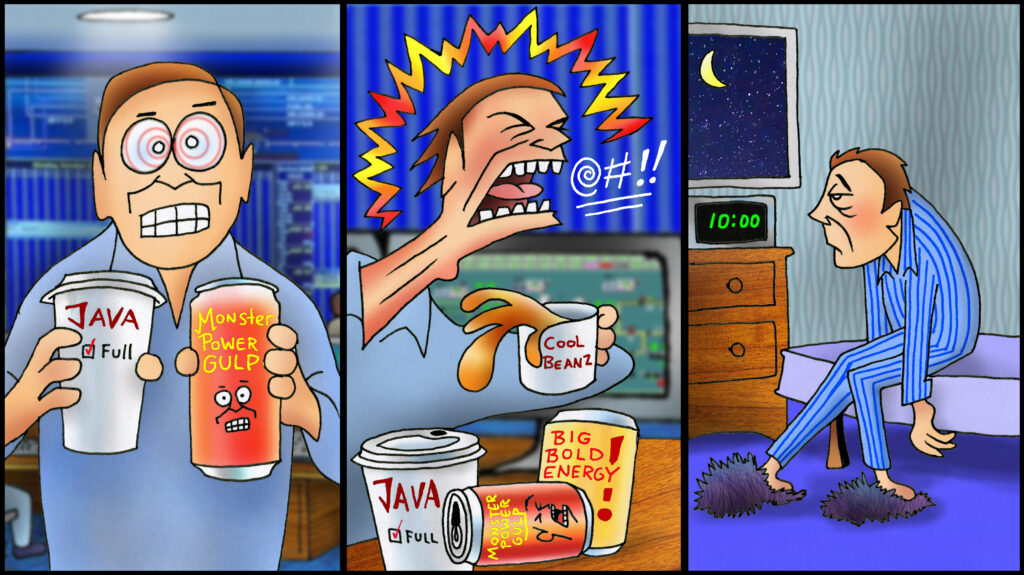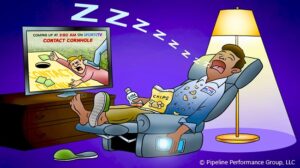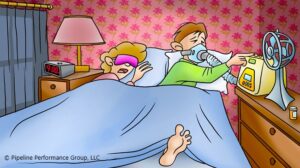Caffeine consumption is not without controversy in the community of health and wellness advisors even though it’s legal and unregulated throughout most of the world. Used in moderation, caffeine is known to enhance alertness, concentration, and coordination. Consuming too much caffeine, generally considered to be more than 400mg/daily, is where the potential complications of caffeine consumption begin. Caffeine overload can lead to headache, heart palpitations, jitteriness, irritability and insomnia.
During waking hours, the body produces a chemical called adenosine that builds in the blood stream throughout the day, eventually resulting in fatigue. Caffeine is a central nervous system stimulant that blocks adenosine receptors and helps prevent the onset of drowsiness. In this way it is useful for delaying fatigue while a person is performing tasks. If caffeine is ingested too close to bedtime, however, it can interfere with sleep.
Caffeine is an alkaloid that is a naturally occurring in tea leaves, berries, nuts, coffee beans, and other types of beans. Many of these plants also contain micronutrients including magnesium, riboflavin, potassium, niacin and vitamin E. Its nutrient rich content has been reported to provide a variety of health benefits including lowering the risk of developing type 2 diabetes and Alzheimer’s disease.
It is easy to see how this psychoactive substance can have positive or negative outcomes, depending on how it’s used. Drinking a couple of cups of coffee or tea after a good sleep provides a welcomed boost for launching into the tasks at hand. It is always important to keep in mind that sleep is the one true remedy for fatigue. Caffeine is meant only to enhance alertness.
While most caffeine consumption comes by way of coffee, tea and chocolate, there are many products on the market that have caffeine artificially added.
| Item | Caffeine Content (mg) |
| Brewed coffee (8 oz) | 108 |
| Decaffeinated coffee | 8 |
| Monster Energy | 160 |
| Excedrin Extra Strength | 130 |
| Caffeinated gum | 10-100 |
| Coffee ice cream | 50-84 |
| Espresso shot | 28 |
| Dark chocolate (60% 2 oz) | 68 |
| Cola (12 oz) | 52 |
| Brewed tea (8 oz) | 53 |
| Caffeinated gummies | 20 |
These are just a few examples. There are many more products on the market that contain caffeine. The short list includes pastries, nut butters, syrup, and even shaving cream.
Could it be that people are using props to stay awake rather than focusing their efforts on getting the sleep they need? Make sleep a priority. It’s the only true remedy for fatigue.
MANAGING FATIGUE EDUCATIONAL PROGRAM | Scarlet Knight © 2021 Please Distribute to Others.




